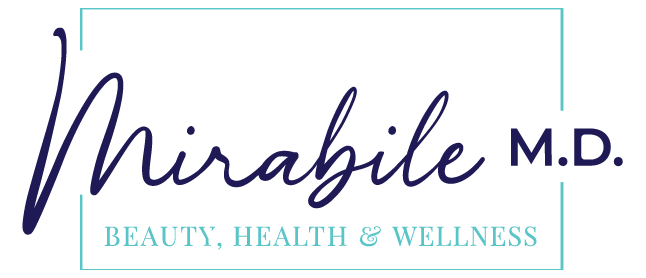If you think hyaluronic acid is just a skincare buzzword, think again. This powerhouse molecule not only plumps your skin from the outside—it keeps your joints cushioned and comfortable from the inside. Whether you’re chasing dewy skin or smoother mobility, hyaluronic acid is one of the few ingredients that delivers benefits in both beauty and wellness.
Jump To:
TLDR – Quick Guide
- Hyaluronic acid (HA) holds 1,000 times its weight in water
- Topically, it hydrates and smooths fine lines in the skin
- Internally, it lubricates joints and reduces stiffness
- Supplementation supports long-term hydration and flexibility
- It’s naturally occurring—but production decreases with age
Detailed Breakdown
What Is Hyaluronic Acid?
Hyaluronic acid is a naturally occurring glycosaminoglycan found in your skin, eyes, and connective tissue. Its primary role? Water retention. HA acts like a sponge, drawing moisture into cells and locking it in, which is why it’s key to hydration on multiple fronts.
Where It’s Found in the Body
- Skin: keeps complexion plump and elastic
- Joints: cushions bones and reduces friction
- Eyes: maintains fluid balance and lubrication
Skin Benefits of Hyaluronic Acid
When applied topically or used in dermal fillers, hyaluronic acid replenishes the skin’s moisture barrier. It helps smooth fine lines, improve elasticity, and boost radiance—making it a go-to ingredient in serums, moisturizers, and in-office treatments.
How It Transforms Skin
- Attracts and retains moisture
- Reduces appearance of wrinkles
- Enhances skin barrier function
- Improves texture and tone
Joint Support and Lubrication
Beyond beauty, HA plays a critical role in joint health. It acts as a lubricant in synovial fluid, helping joints glide smoothly. Supplementing with hyaluronic acid has been shown to reduce pain and stiffness in people with osteoarthritis and active lifestyles alike.
Joint Benefits
- Increases joint fluid viscosity
- Cushions cartilage and bones
- Eases stiffness and improves mobility
- Supports recovery in active individuals
Internal vs. External Use: What’s the Difference?
Topical HA hydrates only the upper layers of the skin, delivering a temporary plumping effect. Internal HA—via supplements or injections—works systemically to restore moisture from within, supporting skin elasticity and joint lubrication on a deeper level.
Comparison
| Use | Topical HA | Oral/Ingested HA |
| Target | Skin surface | Skin + joints + eyes |
| Duration | Short-term hydration | Long-term systemic support |
| Effects | Plumping, smoothing | Flexibility, elasticity, moisture balance |
Who Should Consider Hyaluronic Acid?
Anyone experiencing dry skin, joint discomfort, or signs of aging can benefit from HA—especially those over 30, when natural production starts to drop. It’s safe, well-tolerated, and highly effective when used consistently.
Ideal Candidates
- Adults over 30
- Athletes or active individuals
- People with osteoarthritis or joint stiffness
- Individuals with dry, aging, or sensitive skin
Key Takeaways
- Hyaluronic acid supports total-body hydration—from plump skin to fluid joints.
- It binds water at a cellular level, improving skin texture and joint mobility.
- Both topical and internal forms are effective, but systemic use delivers full-body benefits.
- As natural HA levels decline with age, supplementation becomes key to long-term wellness.
FAQs
Can I take hyaluronic acid supplements and use it topically at the same time?
Absolutely. Combining internal and external HA use enhances both joint lubrication and skin hydration. This inside-out approach yields faster, more visible results.
How long does it take to see results from hyaluronic acid supplements?
Most users begin to notice joint comfort and skin glow within 4–8 weeks of daily use. Results vary depending on age, dosage, and consistency.
Is hyaluronic acid safe for daily use?
Yes—whether applied topically or taken as a supplement, HA is generally very safe and well-tolerated. It’s naturally produced by the body and rarely causes side effects.
Can hyaluronic acid help with arthritis?
Yes, studies have shown that oral and injectable forms of HA can reduce joint pain and stiffness in people with osteoarthritis. It supports joint lubrication and reduces inflammation.
Are there different types of hyaluronic acid?
Yes—there are various molecular weights. Low molecular weight HA penetrates deeper, while high molecular weight sits on the surface for immediate hydration. Many products and supplements combine both for multi-layered effects.








